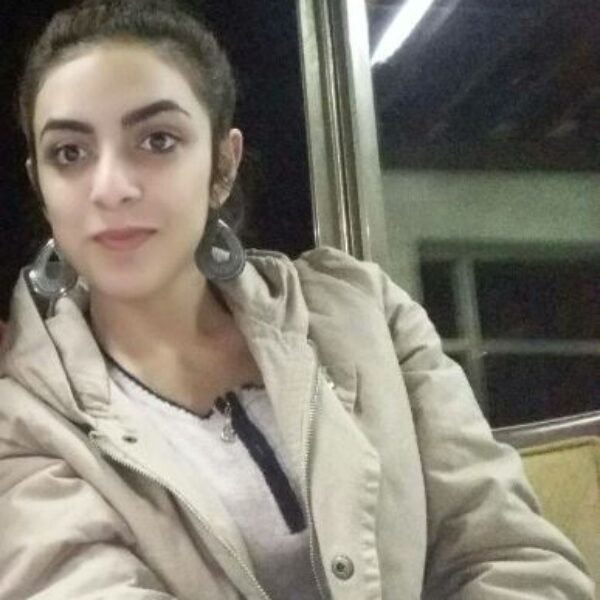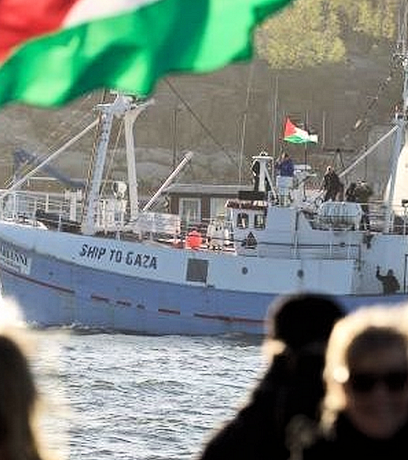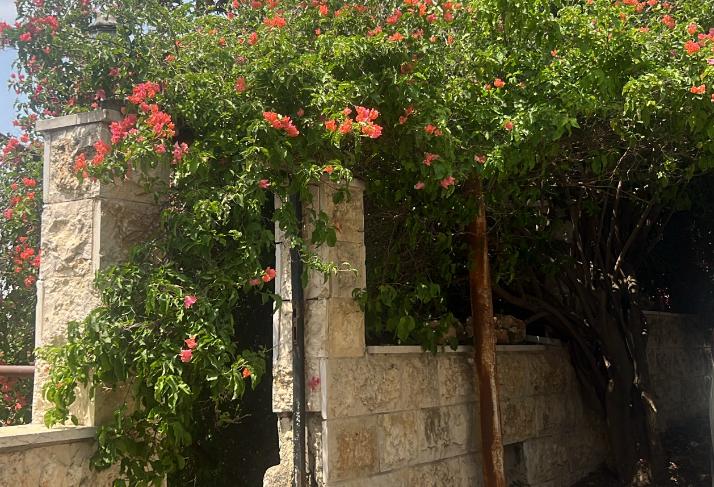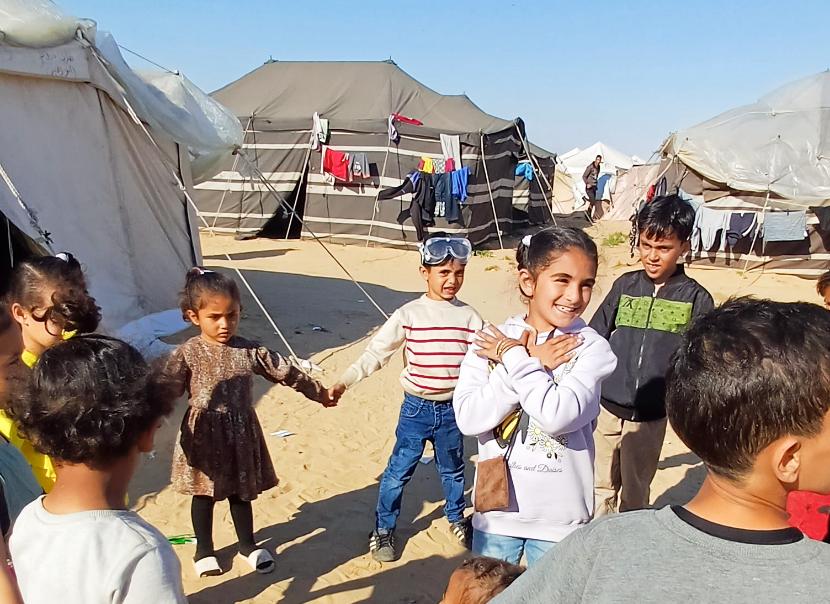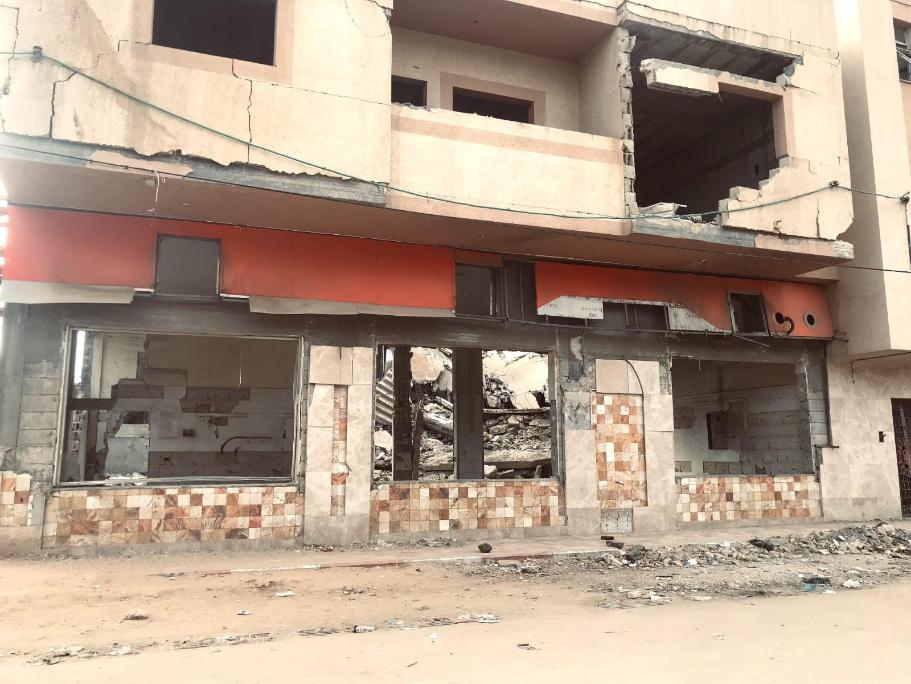
– Where are you from?
– I am from Palestine.
– What? You mean Pakistan.
– No, no. It is Palestine, near Egypt.
– Oh Egypt. Is it Israel?
– Israel is not Palestine. Ugh, it is a long story. Let’s get some coffee.
This is a very common dialogue most Palestinians have when visiting a western country. When we get home, we tell the story with a laugh, but always in a sarcastic tone.
You might feel that Palestinians are overreacting. After all, who knows all the countries in the world? But what frustrates us so much is not the lack of awareness of Palestine, it’s the lumping of Palestine with Israel. Not that it’s not understandable. After all, our “country code” for telephone calls is the same as Israel’s, our currency is the same as Israel’s, and the closes airport is—you guessed it—Israel’s. We aren’t allowed to have one of our own. Airports are like the media. They are both against Palestinians in particular. Airports do not usually welcome a Palestinian passport and our image in the news is typically either “terrorists” throwing missiles or groveling victims.
Fortunately, there are two types of Westerners: those who tend to believe what they read and hear, and those whose values and ethics cause them to challenge what is portrayed as the truth. They are the ones who do not believe the mainstream media (CNN, BBC) and after some time of searching, they become pro-Palestine activists.
I always wonder what I would believe about Gaza if I were an American citizen, or if I would even care at all. It is difficult to answer such a question, but it always leads me to appreciate what the activists do for Palestine.
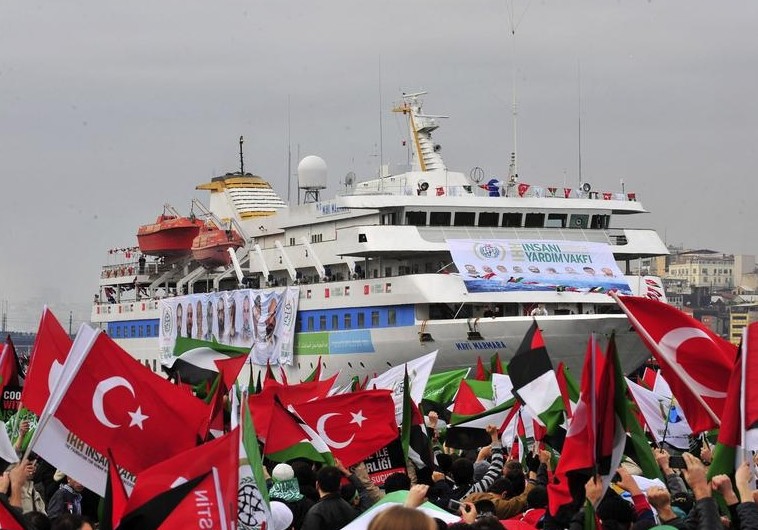
One of their attempts to raise international awareness of the Palestinian cause and particularly the blockade of the Gaza Strip, is to raise money to buy a flotilla of boats and then try to set sail to Gaza, challenging the illegitimate siege. There have been many such flotillas, and the earliest ones made it to Gaza, but since 2008, they have not. In 2010, nine international citizens (mostly Turkish) were killed as a result.
Now, another flotilla (Women's Boat for Gaza) is on its way.
Anas lives in the Al-Shuja’iaa neighborhood, one of the areas of Gaza that was most damaged due to the Israeli aggressions on the Gaza Strip. People his age usually dream of traveling, either to pursue studying or to look for better life conditions. But that is impossible for most, due to the restrictions imposed by Israel and Egypt. Knowing that somewhere in the world, someone is actually willing to get on a boat and try to sail right in for the sake of supporting us brings hope and light into our lives.
But the question is, are flotillas going to make a difference in the lives of Gazans?
“I really like the idea of defying Israel and getting in; however, currently I, as a 22-year-old fresh graduate guy, see no tangible change on the ground from the flotillas,” Anas says.
When I discussed the matter with two professors from Al-Azhar Univeristy, their opinions were similar to Anas’s. They all started off by appreciating what the activists do, then wondered if the activists can actually support us more cost-effectively from their home countries. (Each one of those boats must cost thousands of dollars, and they are confiscated by Israel.)
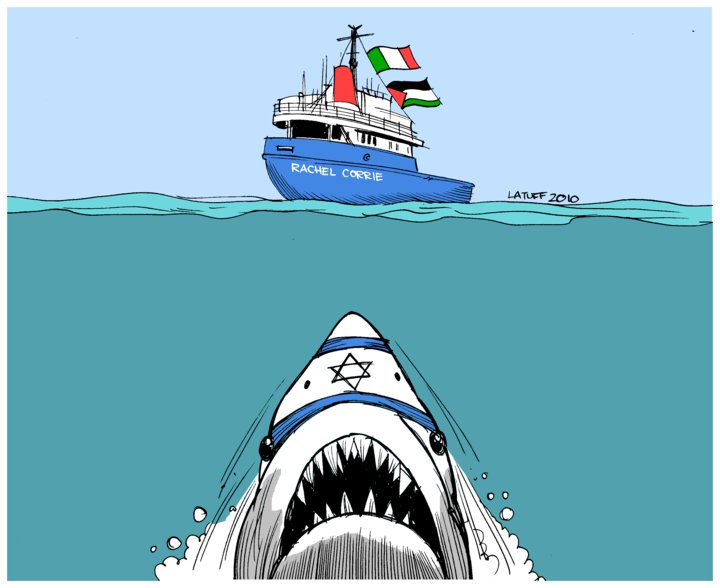
One of the professors suggested that new ways must be found to raise awareness among the Western media. Israel is not only occupying our land; it’s actually brainwashing the Western audience through media. As a Palestinian, BBC won’t listen to my demands to verify the stories they tell, or even to present the other side. But Western activists can more effectively do that.
At the present time, flotillas do not get the media’s attention, as they did years ago. The concept is no longer new and the ending is always the same.
Another professor I asked also deeply appreciates the flotillas, but wonders if a larger strategic plan exists, so that the effects of each flotilla, separated by a year or more, do not disappear in vain after the media coverage stops. Both professors believe pressuring the activists’ governments would make more of a difference to Palestinians’ lives than challenging Israel directly. As long as Israel has the support of the international community, it will keep on depriving the Palestinians of basic human rights. Unless we change that, nothing will happen.
For me, I feel the flotillas are similar to a hug after an unresolved fight; it makes you feel better for a bit, but you know it will not change anything.
Posted September 13, 2016

